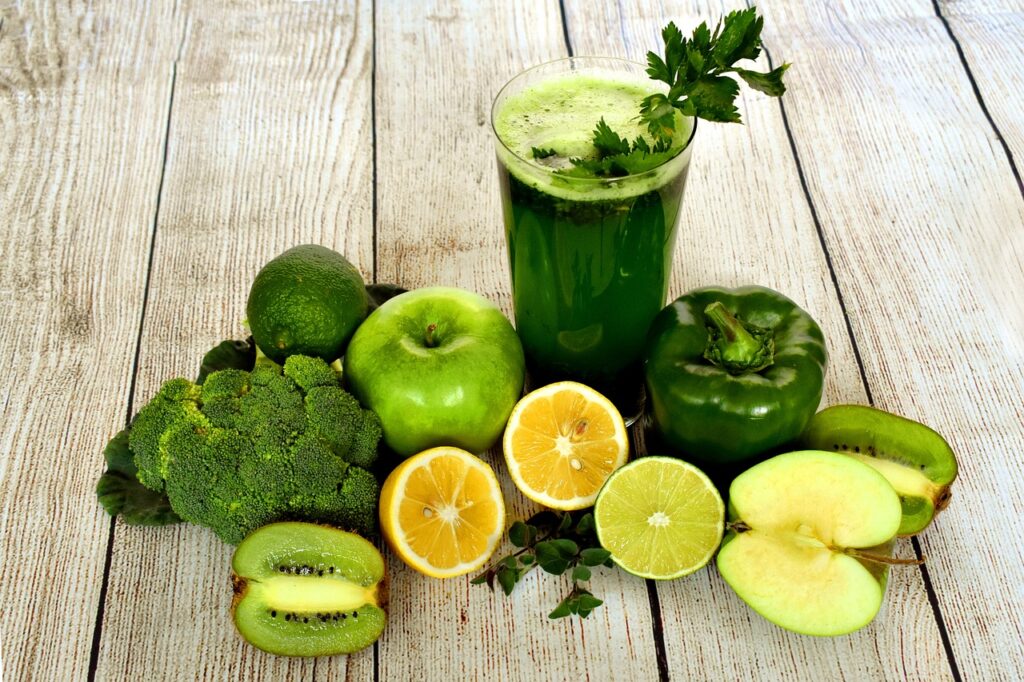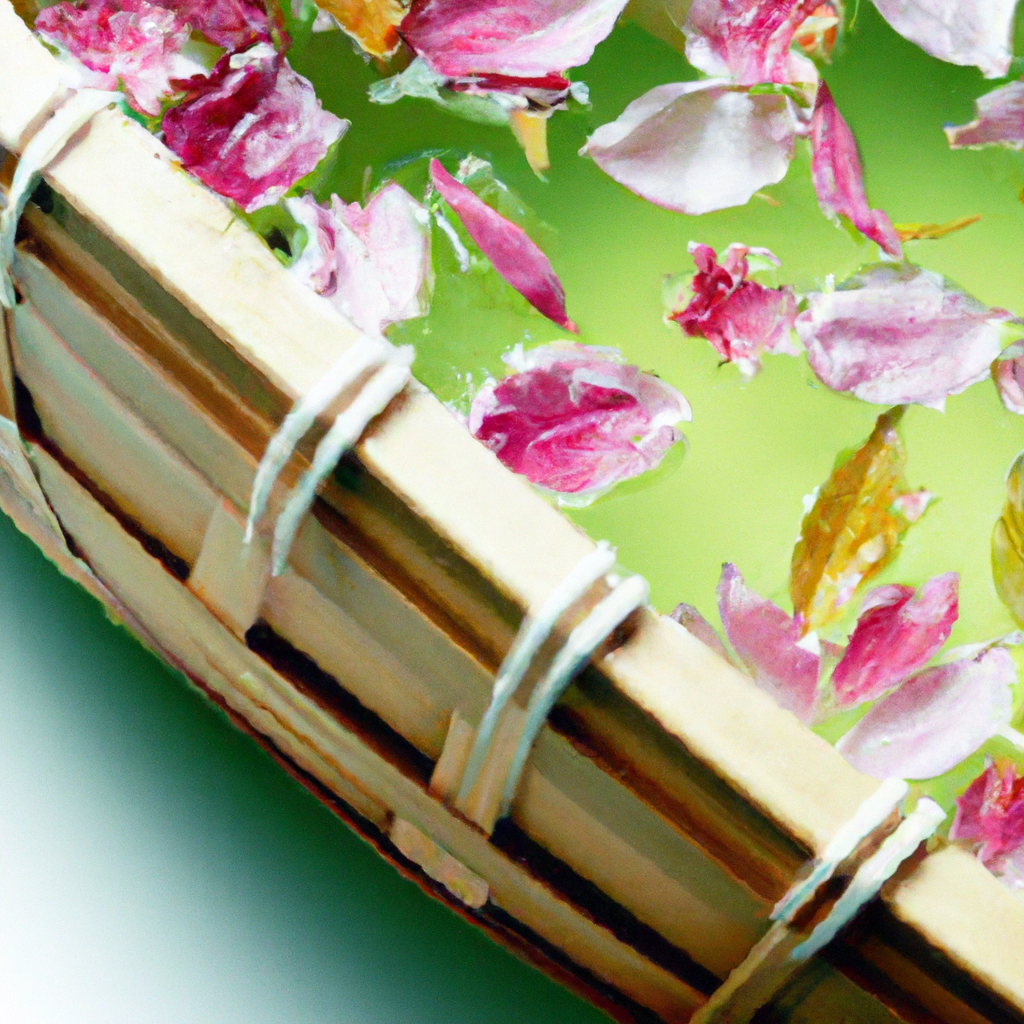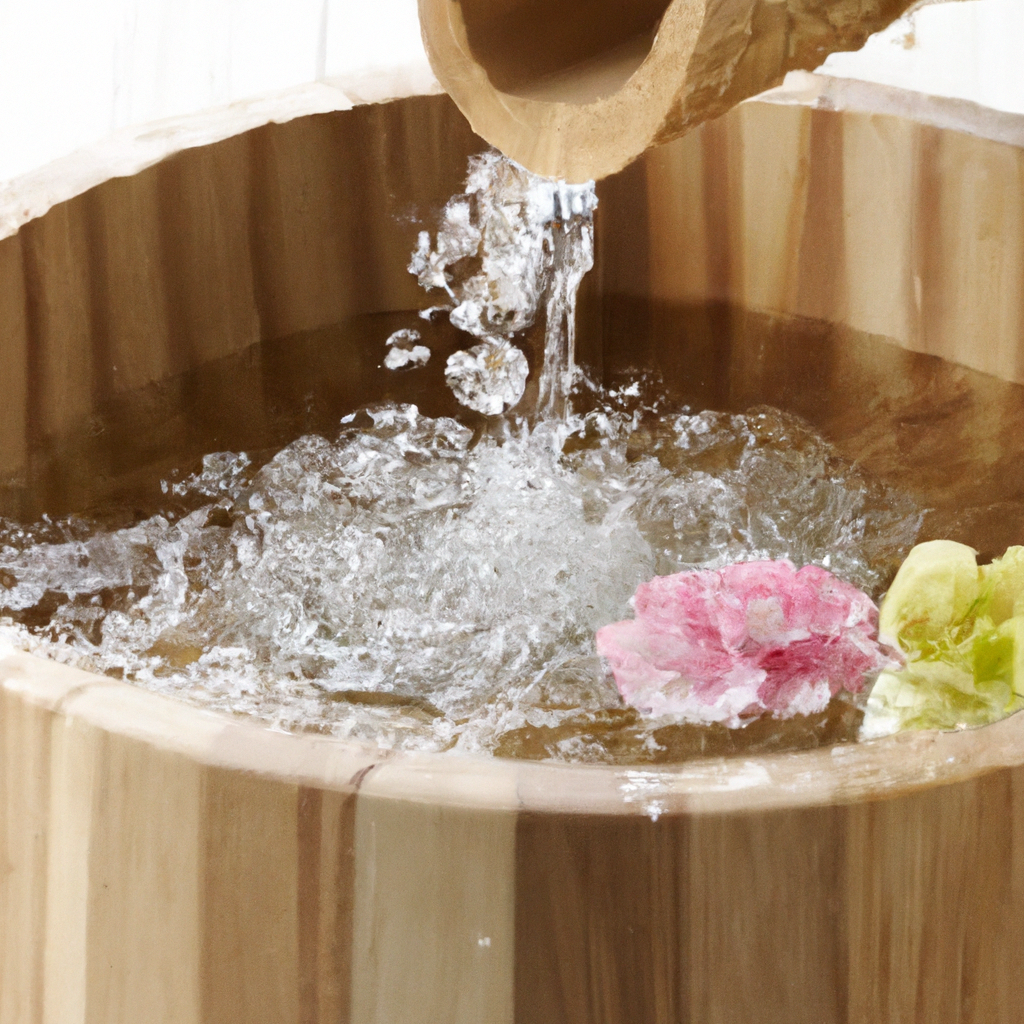
Japanese water therapy: An Overview
Have you ever heard of Japanese water therapy? It’s a unique practice that involves drinking several glasses of room-temperature water in the morning, followed by strict eating windows and breaks between meals and snacks. While some studies suggest that drinking water can aid in weight loss by promoting feelings of fullness and preventing overeating, there are also concerns that the timed eating windows may actually lead to overeating. Additionally, there is no scientific evidence to support the health claims of Japanese water therapy, but adequate hydration is important for overall health. It’s important to note that Japanese water therapy may not be suitable for everyone and individual water needs can vary. So, while this practice may seem intriguing, the effectiveness of it for weight loss is uncertain and should be approached with caution.
Table of Contents
ToggleJapanese Water Therapy: An Overview
Japanese water therapy is a wellness practice that involves drinking multiple glasses of room-temperature water in the morning. It is believed to have a variety of health benefits and is often associated with weight loss efforts. In addition to drinking water, Japanese water therapy also promotes strict eating windows and breaks between meals and snacks. While the practice has gained popularity, it is important to consider the scientific evidence, potential dangers, and individual suitability before incorporating it into your routine.
Definition and Principles of Japanese Water Therapy
Japanese water therapy involves drinking four to six glasses of water, each containing approximately 160-200ml, in the morning immediately after waking up. The water should be consumed at room temperature, as cold water is thought to be too harsh on the digestive system. The therapy also advocates strict eating windows, with a prescribed 15 minutes for each meal, and at least a 2-hour gap between each meal and snack. The underlying principle of Japanese water therapy is to kick-start the day by hydrating the body and promoting digestive health.
Benefits of Japanese Water Therapy
Proponents of Japanese water therapy claim that it offers a range of benefits. One of the main advantages is improved digestion. By drinking water in the morning, it is believed to stimulate bowel movements, promoting regularity and reducing digestive discomfort. Additionally, the practice is said to help detoxify the body by flushing out toxins and aiding in kidney function. Some individuals also report increased energy levels and improved concentration throughout the day.
Effects of Japanese Water Therapy on Weight Loss
Weight loss is a major concern for many individuals, and Japanese water therapy has often been associated with this goal. Drinking water before meals has been shown to promote feelings of fullness, possibly leading to reduced calorie intake and weight loss. However, the strict 15-minute eating windows promoted by Japanese water therapy may lead to overeating, as rushing through meals can result in less satisfaction and increased hunger. The actual effects of Japanese water therapy on weight loss are still uncertain, as scientific evidence is limited and conflicting.
Scientific Evidence on the Effectiveness of Japanese Water Therapy
When it comes to the effectiveness of Japanese water therapy, scientific evidence is limited and inconclusive. While some studies suggest that drinking water before meals can aid weight loss by promoting a sense of fullness and preventing overeating, other research indicates that restrictive eating windows may have the opposite effect. More comprehensive studies are needed to determine the true impact of Japanese water therapy on weight loss and overall health.
Dangers and Limitations of Japanese Water Therapy
While proper hydration is essential for overall health, overhydration can lead to a condition known as hyponatremia, which is characterized by low sodium levels in the blood. This can be particularly dangerous for individuals with certain medical conditions or those who are older. Japanese water therapy’s emphasis on strict eating windows may also put pressure on individuals to eat quickly, potentially leading to poor digestion and overeating. It is crucial to be mindful of these risks and limitations before adopting the practice.
Hydration and Its Importance
Regardless of the specific water therapy practices, proper hydration is crucial for maintaining overall health and well-being. Water plays a vital role in nearly every bodily function and helps regulate body temperature, lubricate joints, and remove waste. Staying hydrated is especially important during physical activity, hot weather, and when experiencing illness or fever. While Japanese water therapy may have its limitations, the underlying focus on hydration is beneficial and should be prioritized in any wellness routine.
Health Claims of Japanese Water Therapy
It is important to note that many of the health claims surrounding Japanese water therapy lack scientific evidence. While the therapy may provide some benefits, such as improved digestion and increased energy levels, the specific health claims often mentioned, such as curing diseases or improving organ function, are not supported by scientific research. It is essential to approach these claims with caution and rely on evidence-based practices for optimal health management.
Suitability and Individual Water Needs
Japanese water therapy might not be suitable for everyone. Each individual has unique hydration needs based on factors such as age, weight, activity level, and climate. It is important to listen to your body and adjust your water intake accordingly. Consulting with a healthcare professional or registered dietitian can provide personalized guidance on your hydration needs and help determine if Japanese water therapy is appropriate for you.
Precautions and Considerations for Japanese Water Therapy
Before incorporating Japanese water therapy into your routine, there are a few precautions and considerations to keep in mind. While drinking water in the morning is generally safe, individuals with certain medical conditions, such as kidney problems or heart failure, should consult with their healthcare provider before starting any new hydration practice. Additionally, being mindful of your eating habits, practicing mindful eating, and focusing on a balanced diet are crucial for overall health and weight management.
Conclusion
Japanese water therapy is a wellness practice that involves drinking multiple glasses of room-temperature water in the morning. While it is associated with benefits such as improved digestion and increased energy levels, scientific evidence on its overall effectiveness, particularly for weight loss, is limited and conflicting. The practice may not be suitable for everyone, and individual hydration needs vary. It is essential to prioritize proper hydration through evidence-based practices while being cautious of potential risks and limitations associated with Japanese water therapy. Always consult with a healthcare professional before making significant changes to your wellness routine.
Discover the principles of Japanese water therapy and its claimed benefits, such as improved digestion and increased energy levels. However, scientific evidence on its effectiveness for weight loss is limited. Hydration is important, but individual needs vary. Approach with caution.





